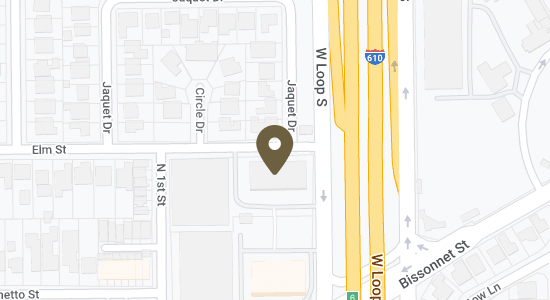- Contact Us Now: (832) 930-7139 Tap Here to Call Us
Child Custody Order…. Should I Get One?

When a child is born between two unwed parents, there is always a possibility that the parents may split up. While the relationship may end, it won’t change the fact that there is now a child in the picture who needs to be accounted for. Often times, parents are able to co-parent and reach some form of agreement as to custody, child support, and visitation.
But what happens when the parents can’t be amicable in reaching an agreement that is in the best interest of the child? It may be time for the parties to consider obtaining a court order. The court order that I speak of is called an order in Suit Affecting the Parent Child Relationship (SAPCR).
If you are co-parenting without a child custody order in place, here are some things to consider in deciding if it’s time to get a court order:
1. Contempt/Enforceable Order: Without a court order, the parties can mutually agree on child support and visitation terms. However, if the one parent stops paying child support or denies the other parent visitation with the child, there will be no consequences for the parent’s behavior. However, if there is a court order in place, in these two instances, the violating party can be held in contempt of court and subject to jail time, fines, and/or probation.
2. Geographic Restriction: Courts in Texas encourage parents to live close to each other to encourage a positive co-parenting relationship with the parties. A court order will give the non-custodial parent a piece of mind in knowing that the custodial parent whom the child primarily lives with will be prohibited from moving with the child beyond a certain county or city.
Always keep in mind, without a court order, the parent who the child lives with is free to move wherever he/she pleases. It is much easier to ask the court to issue a geographic restriction than it is to ask the court to order a party to move back after they have already relocated to a new state, city, or country.
3. Structured Visitation Schedule: The non-custodial parent will have set days to visit with the child: usually the 1st, 3rd, and 5th weekends of each month, alternating holidays, spring break, summer vacation, and more. Without a court order, the non-custodial parent is limited to visiting with the child on the other parent’s terms. Having a structured visitation schedule will minimize the confusion between parents and provide the child with more stability.
4. Clear Explanation of your Rights and Duties: A court order will explain the rights that each parent has to the child including the right to medical and school records, consent to surgical treatment, and so much more. Additionally, the non-custodial parent’s duty to pay child support and provide medical and dental insurance will be addressed in the order as well.
5. Police Assistance: If you have been the parent whom the child has primarily lived with and you encounter a situation where the other parent refuses to give the child back to you, you will wish that you had a court order already in place. Because without a court order, the police will tell you “this is a civil matter and we cannot assist you if the other parent is the child’s father or mother.” At that point, you will have to go through the trouble of filing a lawsuit against the other parent, waiting for a hearing date, and then obtaining a court order. But if you have a court order, most police officers will assist you in peacefully getting your child back. Additionally, if you already have an order in place and the other parent won’t return the child back to you, you can immediately seek the court’s help in ensuring that the child is returned to you in a quick and safe manner.
Even if you and the other parent are operating under an informal agreement and things are going well, you can have those same terms reduced to writing in an enforceable agreed court order. The last thing you want to do is find yourself in an emergency situation wishing that you had obtained a court order for your child.
If you are considering getting a court order for your child, a Houston divorce attorney at the Quander Law Firm PLLC can guide you through the process and help you strategize a plan to meet your parenting goals. Contact the Quander Law Firm PLLC by calling (832) 930-7139 or submit your contact information through our online contact form. The Quander Law Firm PLLC handles family law cases in Harris County and the surrounding counties.




